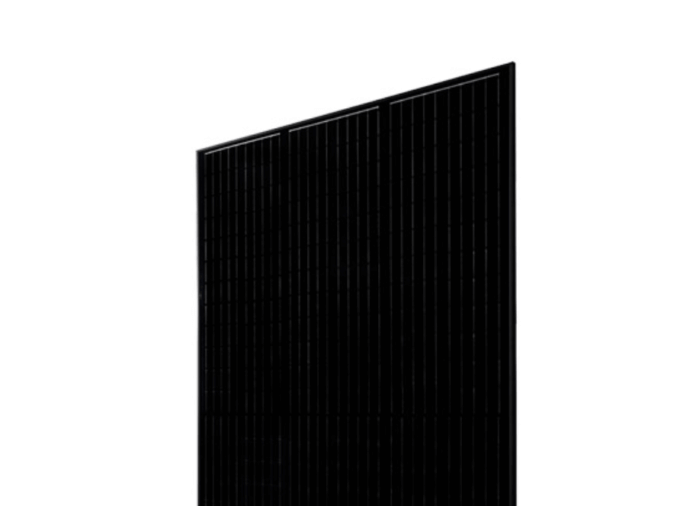Aptos Solar Technology, a supplier of high-performance solar modules, has successfully completed accelerated environmental tests performed by the Renewable Energy Testing Center (RETC), an engineering services and certification testing provider for renewable energy products.
The data revealed from testing confirms the reliability of Aptos Solar Technology’s DNA modules for extreme weather conditions over an extended period of time. RETC provides a rigorous series of tests to ensure the durability of solar modules. Achieving recognition by RETC, in addition to holding standard UL and IEC certifications, makes the DNA module by Aptos Solar Technology a competitive choice for those seeking durability in module performance, notes the company.
“A high-quality PV module not only demonstrates high performance at standard test conditions but also performs well in real-world conditions over its intended service life,” says Cherif Kedier, president and CEO of RETC. “Aptos has shown a continued commitment to module quality and performance by diligently testing their products and ensuring their bill of materials are proven to be durable.”
The DNA product line surpasses base standards for solar modules by three times the amount recommended by the International Electromechanical Commission (IEC). This means that the number of hours or cycles required by the IEC in each test category was tripled and the DNA series was able to perform below the degradation baseline set by the IEC.
Aptos Solar Technology is a recipient of the “Golden Standard” for Dynamic Mechanical Load testing. This test characterizes the performance and electrical integrity of a module by subjecting it to a series of environmental stress tests. Dynamic Mechanical Load testing helps evaluate if components within the module (including solar cells, interconnect ribbons and/or electrical bonds) are susceptible to breakage, or if edge seals are likely to fail due to mechanical stress encountered during installation and operation. The DNA series is now certified for wind speeds up to 210 mph and snow loads up to 4 ft.
To learn more about Aptos Solar Technology’s quality standards, click here.
Photo: Aptos Solar Technology’s DNA-144 web page
